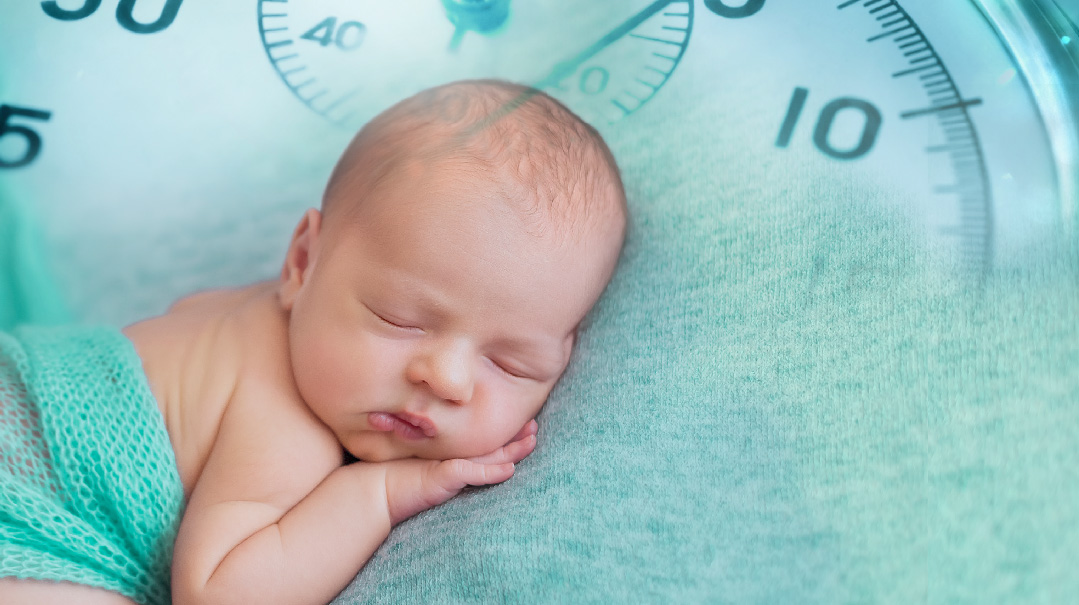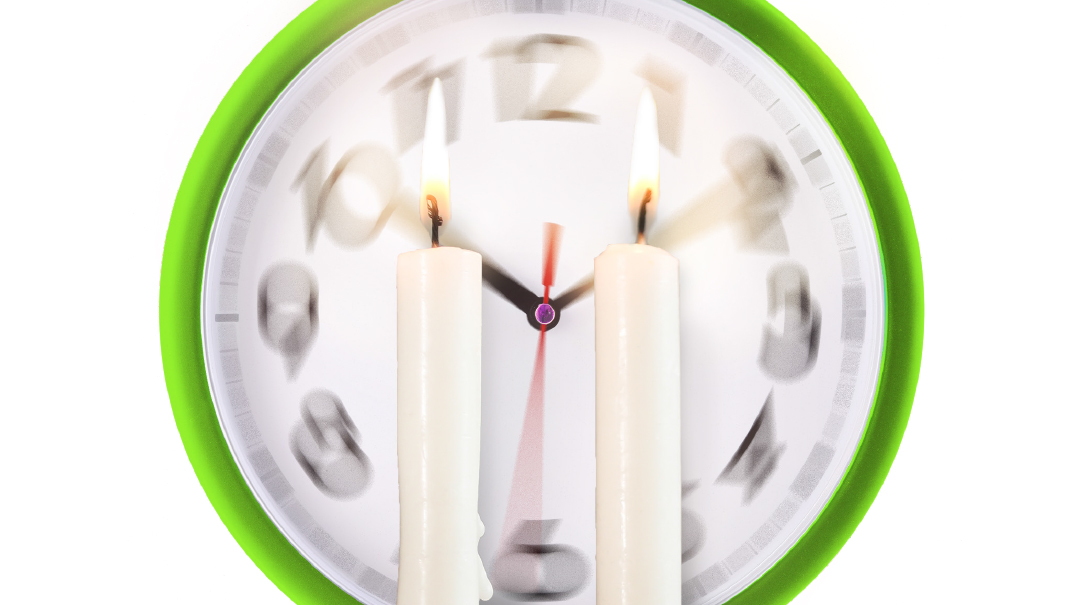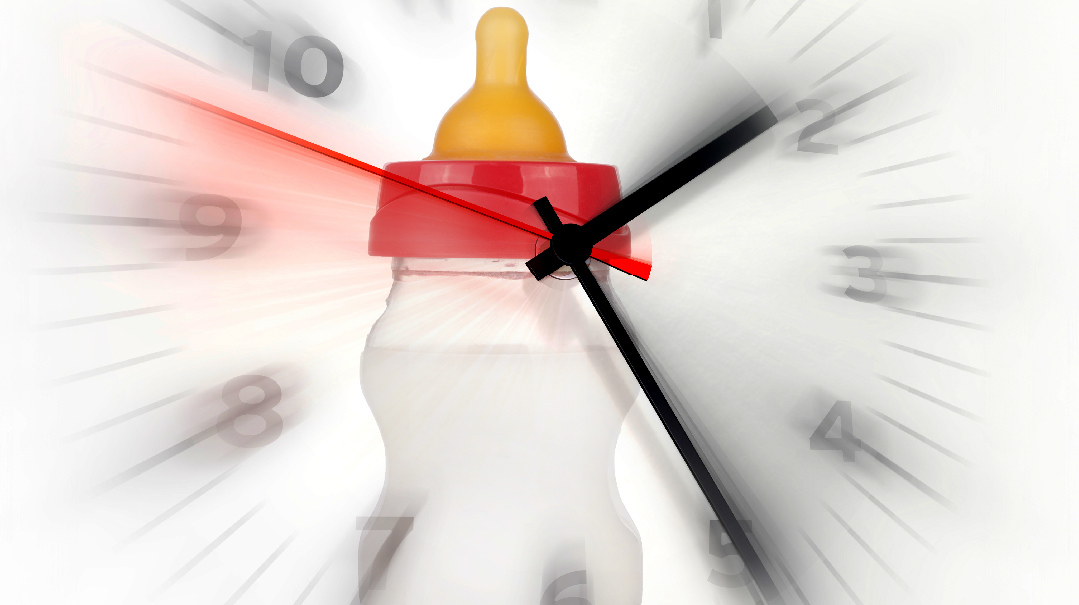Best Shot
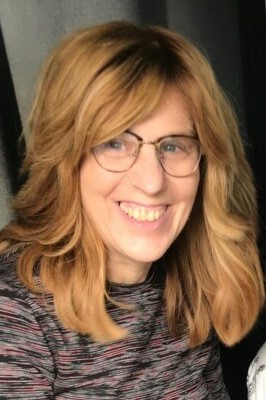
A single moment can make all the difference between chometz and matzah, between success and failure. They raced the clock — and beat it!
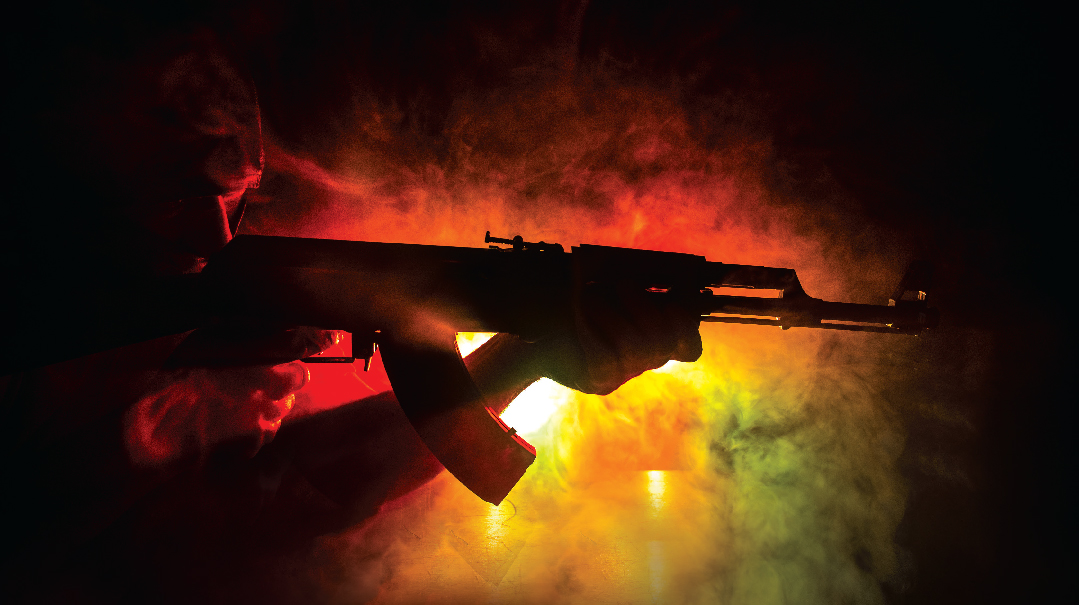
As a first-generation American growing up in Williamsburg in the ’30s and ’40s, my father a”h was acutely aware of the anti-Semitism around him. That propelled him to enlist in the US Army during World War II.
But he didn’t stop there. Shortly after returning from the Pacific theater, my father boarded the Ben Hecht, a boat bound for the Holy Land, with the intent of once more fighting for his people. He joined the Irgun, also known as Etzel (Irgun Tzvai L’eumi, an underground organization whose mission was to drive the British occupying force out of Palestine).
His induction into Etzel was like the ones in the spy novels, he would tell us. First, he was contacted by an anonymous person who told him where they’d meet. “Following instructions, I went to the designated location and waited for a short while until a young man appeared, and we exchanged passwords,” he told us. “I was then to proceed to a deserted construction site and await further instructions.
“Stepping over debris, building material, and holes, I found myself alone in the dark on a moonless night. Someone came up to me and led me to yet another pitch-dark area. A bright spotlight was directed onto my face and a disembodied voice began to speak. The voice asked me many questions, about my background, why I wanted to join Etzel, and more. And that was it.”
A few days later, my father reported to a new-recruit orientation course and after a few weeks, he graduated. The “graduation” ceremony was another one from the books. In my father’s own words: “Our graduation ceremony took place in a schoolyard late at night. Since it was locked, the graduates had to climb over the fence to get onto the grounds. All I remember of the ceremony is a table in the center of a moonlit schoolyard covered with the Israeli flag and on it, a Chumash and a gun.
“The ceremony consisted of each recruit stepping up to the table, placing his right hand on the Chumash and his left hand on the pistol, and assuring allegiance to the Etzel mission. We were now full members of Etzel and subject to the call to duty at any time.”
My father had exciting stories from his war years, but more than anything, he’d stress the open miracles G-d performed for him during those years. He would always remind us that none of us would be alive today if not for those miracles. In one thrilling story, he shared memories of the time he had to make a split-second, life-or-death decision.
His unit was assigned to a former British army base in the city of Ramle. Their mission was to overtake the base, and then move on with reinforcements to occupy the city.
The following day, however, the Arabs invaded the area. My father realized it was time to run. He and his unit were safely hunkered down in a bunker, but he knew they wouldn’t remain safe for long. He needed to determine the Arabs’ exact position to plan an escape route.
Crouching low, he cautiously stepped out of the bunker and edged his way along the wall. When he reached the corner, he saw the muzzle of a rifle sticking out and pointing upward at the fourth floor of a tall building 20 feet away.
“In that moment,” my father recounted, “I froze in my tracks as I waited for the Arab to stick his head around the corner and see me. But, baruch Hashem, he fired first at the building — which I knew was empty — and only then looked around the corner.”
At that point, my father relaxed. He knew the Arab had no more bullets in his rifle and would have to reload before firing again. My father, on the other hand, did still have a bullet in his rifle….
With one Arab down but many more pouring in, my father had his answer. It was run now or never. He scooted back to the bunker and told the other soldiers that they had no choice but to make a break for it.
“Frankly, I didn’t see how we could make it,” he related. “The closest safe spot was an orchard about 100 yards away. And we could only get to it by running over a four-foot-high pile of rubble, becoming excellent targets for anybody firing at us from behind.”
My father was in a quandary. He knew they had to leave now, but also knew they’d never make it out alive. “And that’s when,” my father would always say, “the Ribbono shel Olam demonstrated for me once again His Hashgachah pratis. He shot me in order to save my life!”
Still deliberating, my father stepped out of the bunker again to assess the situation. Just then, one of his buddies ran into the room, wounded. With one foot and half his body already out the door, my father turned to see two Arabs facing him with their rifles. Simultaneously, they fired.
He saw two chips of brick fall away from the edge of the doorpost and felt the impact in his chest. Having been shot at point-blank range, my father expected to see his chest blown away, or at least blood gushing in torrents. In those microseconds, he wondered when the excruciating pain would begin. But he also knew that if they didn’t run immediately, he would certainly bleed to death.
Meanwhile, the two Arabs had ducked into the next-door bunker. My father quickly dropped a hand grenade into their room, effectively incapacitating them. He ran back into his bunker and said, “Chevreh, we have to go.” (At this point, his unit was comprised of two wounded men, a 17-year-old female medic, and a frightened teenager who threw away his rifle and the rifles of the wounded as they ran.)
And run they did, over the four-foot rubble heap with the Arabs behind them. In full view of the enemy, and defenseless as they were, they made it safely to the orchard.
As a fascinating sidenote, how did my father survive being shot at such close range? Another miracle. He didn’t realize it at the time, but the Arabs missed him, both hitting the doorpost instead. The wound my father got was from exploding shrapnel from the grenade his friend accidentally dropped as he ran into the bunker at the moment my father stepped out. But believing he was about to bleed to death was what gave my father and his group the courage to overcome their fear, attempt the run to safety — and thus merit a miracle.
(Originally featured in Family First, Issue 736)
Oops! We could not locate your form.








